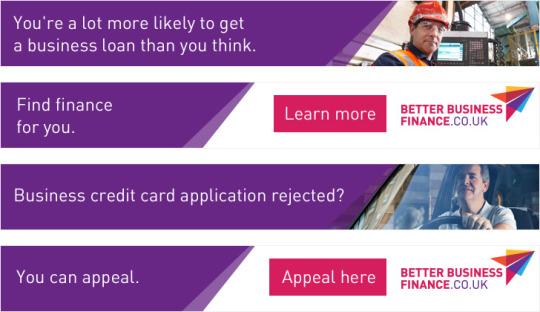5 top tips for business start-ups
Thinking
of starting a business? Here are some
tips to get things off the ground.

Tip #1 – begin with a great idea
If
you’ve always wanted to work for yourself, you need a great business idea to
get things going.
- What are you good
at?
- What is your passion?
- Can you see a gap in the market for your
product or service?
Think about who your
customers are likely to be. Is your
offering entirely new, or do you have competitors out there? If so, how will you differentiate yourself
and develop a USP (unique selling proposition) that makes you stand out? Ask yourself why people should buy what you
want to sell them.
It takes
a lot of dedication to run a business, and a range of skills – do you have all
the resources necessary to create and run your new enterprise? If not, where will you find them? There’s plenty of support and advice
available – the government’s website is a great place to start, or
try Innovate UK, the UK’s innovation agency.
Tip #2 – create a business plan
Your
business plan will help you answer many of the above questions in a structured
way and create a firm foundation for your venture. Even if you decide to self-finance, a basic
business plan is essential. Again, the
internet is an excellent source of advice and information on how to write one. Most of the major banks have guides like this
one from HSBC.
As well
as focusing your thinking on bringing your product or service to the market, your
business plan will include set-up costs, pricing, sales forecasts, overheads
and a cash-flow forecast. These will
determine how much start-up finance you’ll need.
Tip#3 – decide how you’ll finance your business
If you
can start with just a desk, chair and laptop, you will probably be able to fund
your start-up yourself (although remember you will still want an income so that
you can pay the bills while you get going).
But for anything more substantial you are going to require business
finance.

Talk to your bank about the
support they can offer, or go to Better Business Finance (BBF), which was set up by Barclays, HSBC,
Lloyds and Santander to provide information on exactly what help and what
finance is available to new businesses.
BBF can also connect you with mentors – independent business experts
who can help with advice and expertise.
It’s also good to learn about how other businesses got themselves off
the starting blocks – read as many case studies as you can, and learn from
their experience.
Tip #4 – choose a name
You
need a name that will enable you to avoid confusion with competitors and stand
out from the crowd. Think of companies, products
or services that you admire: how could you learn from the way they’ve presented
themselves?
Think of your offering and
the problem it solves (the emotional associations) for your potential
customers. Consider the added value you
are promising. Your market research will
have identified key target audiences – do they respond to traditional names or
will they be inspired by something a bit quirky?
Once
you’ve decided on a name, register it as a domain name as quickly as possible,
to ensure no-one steals a march on you.
And once you’ve had a logo designed, consider registering it as a Trade
Mark with the Intellectual Property Office (IPO).
You may also want to patent your invention – they can help with that
too.
Tip #5 – get started
Now it’s
time to establish your business as a commercial entity for legal and accounting
purposes, and to decide where you will operate from.

New
businesses often prefer to save on the overheads of renting business premises
by working from home but taking a professional address for their correspondence
and using it as their registered company address.
A virtual office or business mailbox gives you
the kudos of a professional address plus the peace of mind that comes with
knowing your mail and parcels will be received and signed-for and kept safely
until you’re ready to collect them.
Alternatively they can be forwarded to an address of your choosing.
It’s
important to register with HM Revenue and Customs (HMRC). Most businesses register either as a sole
trader, a limited company, or a partnership.
Find out more here.
When you rent a business mailbox with Mail
Boxes Etc. you can also register your business at our address with Companies
House and for any official HMRC mail.
Once
your company is registered you can go ahead and put your business address on
your website (important for Google searches), have some corporate stationery
printed and ensure you’re in all the relevant business directories.
Keeping
overheads to a minimum is crucial in the early stages, so make sure you find a
reliable business services supplier for ad hoc requirements like print and
copy, scanning, archiving, stamps, post and parcel services. We’re always happy to help at MBE. Good luck!